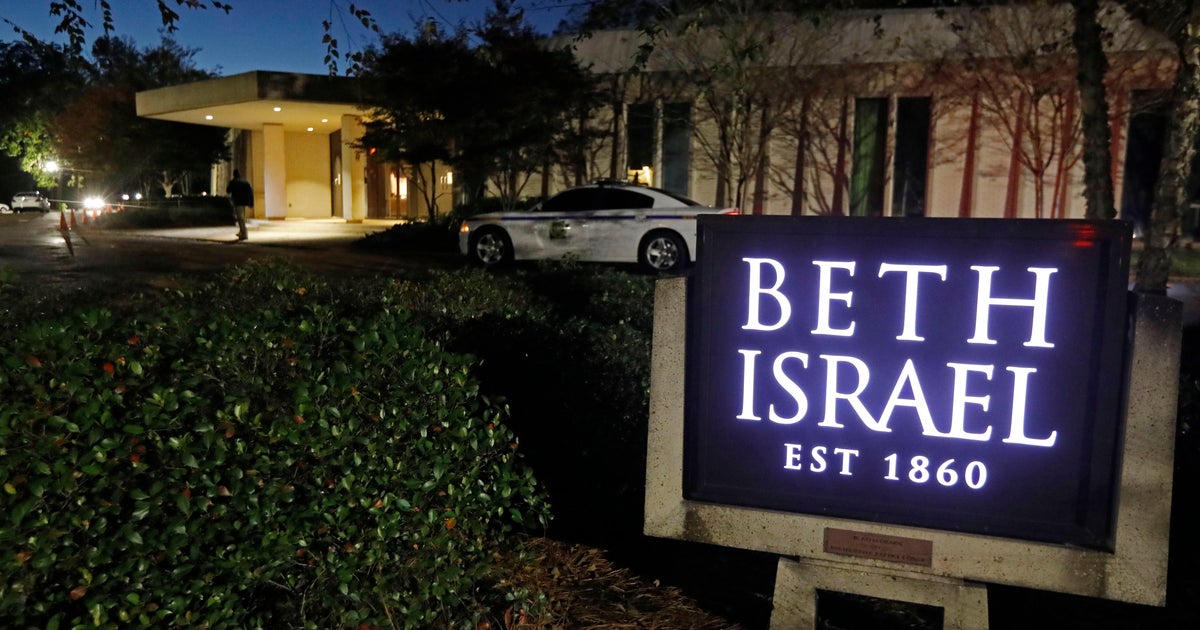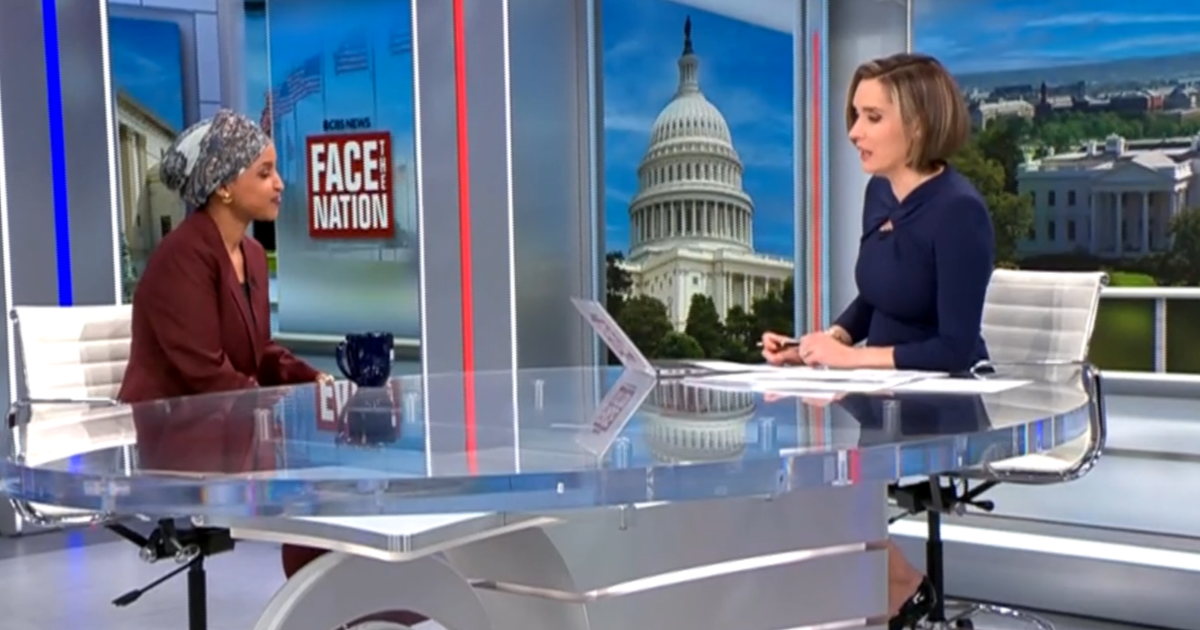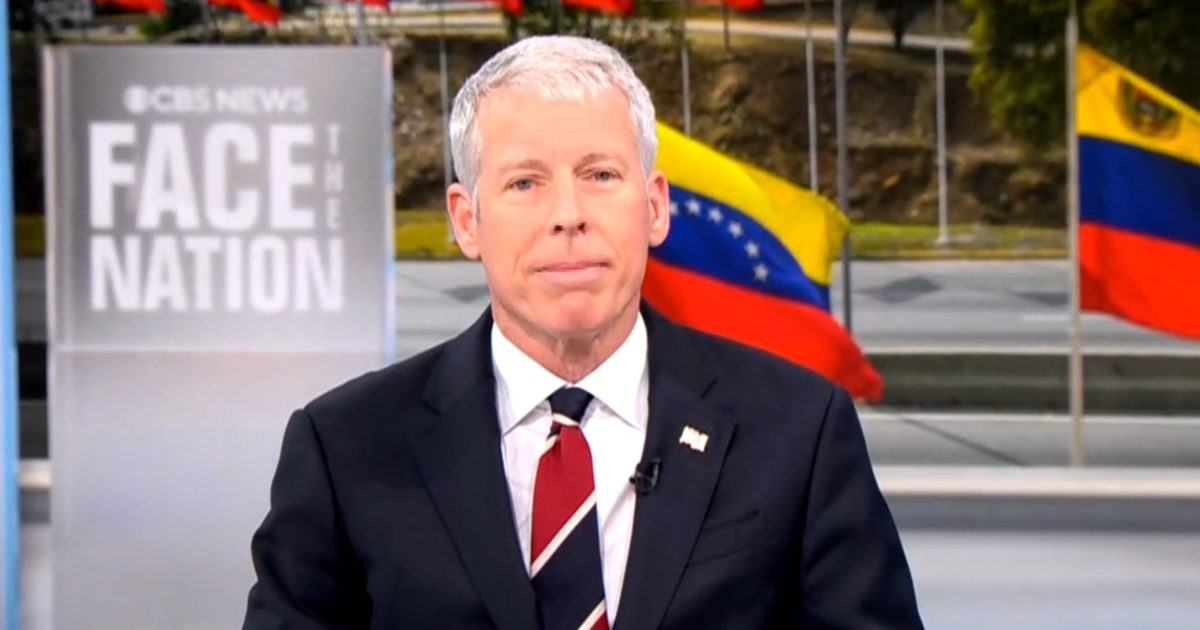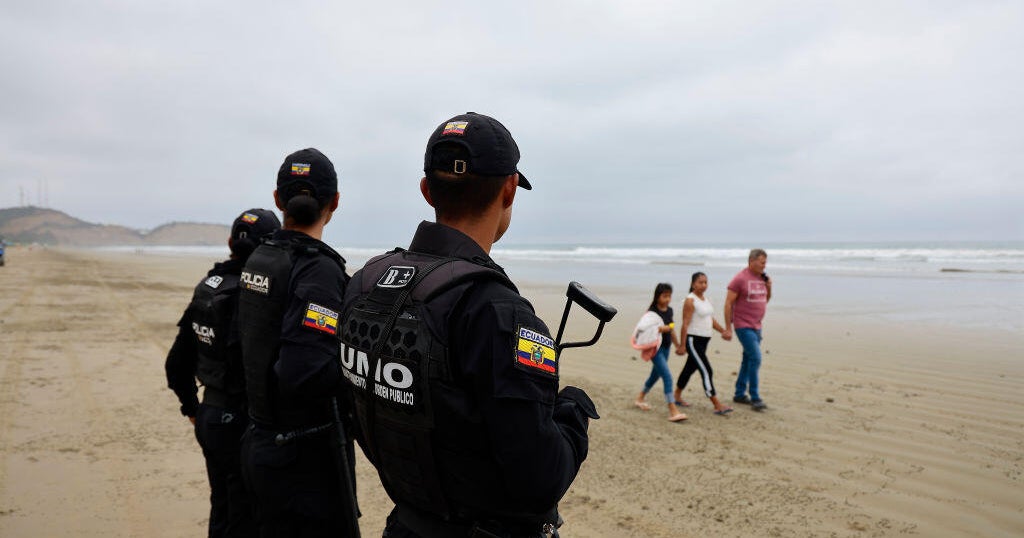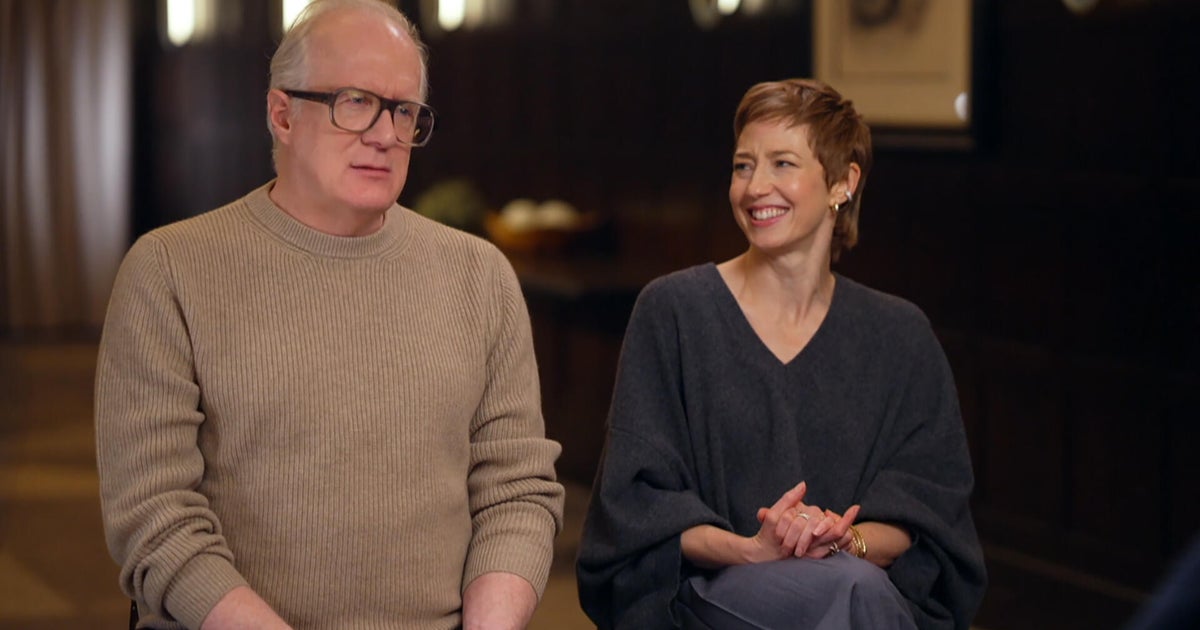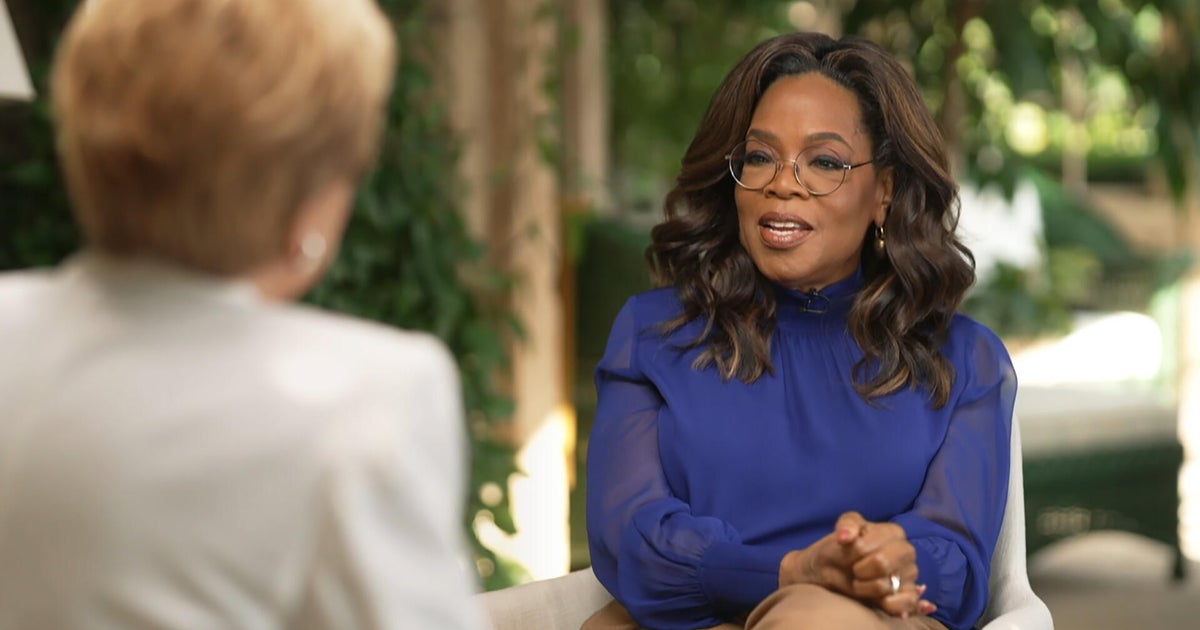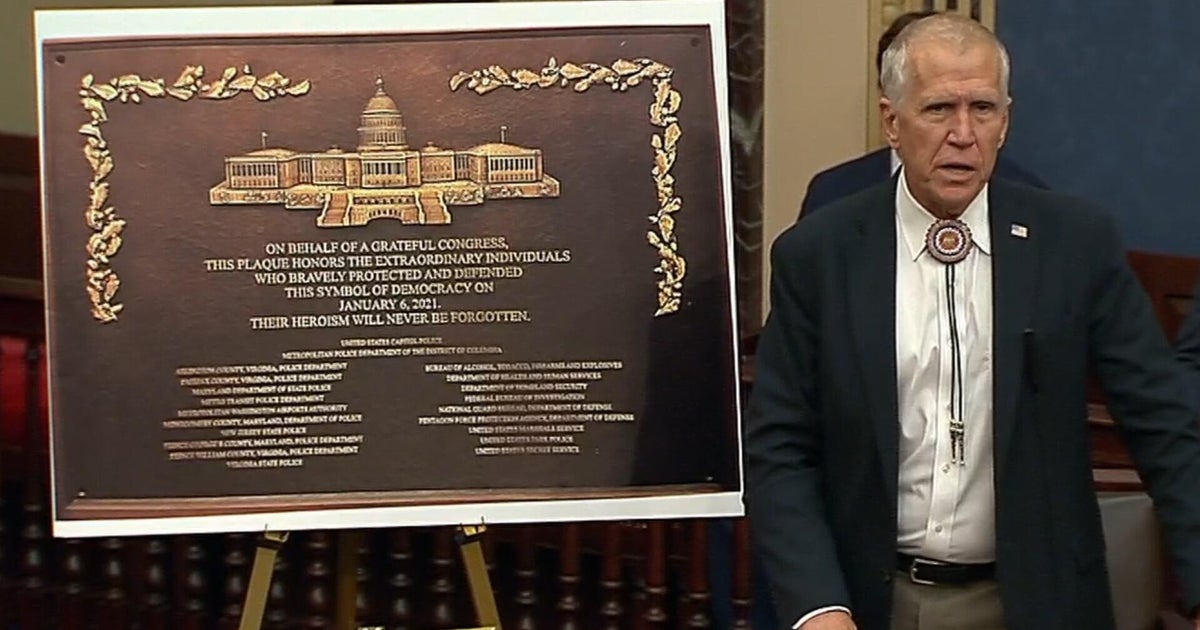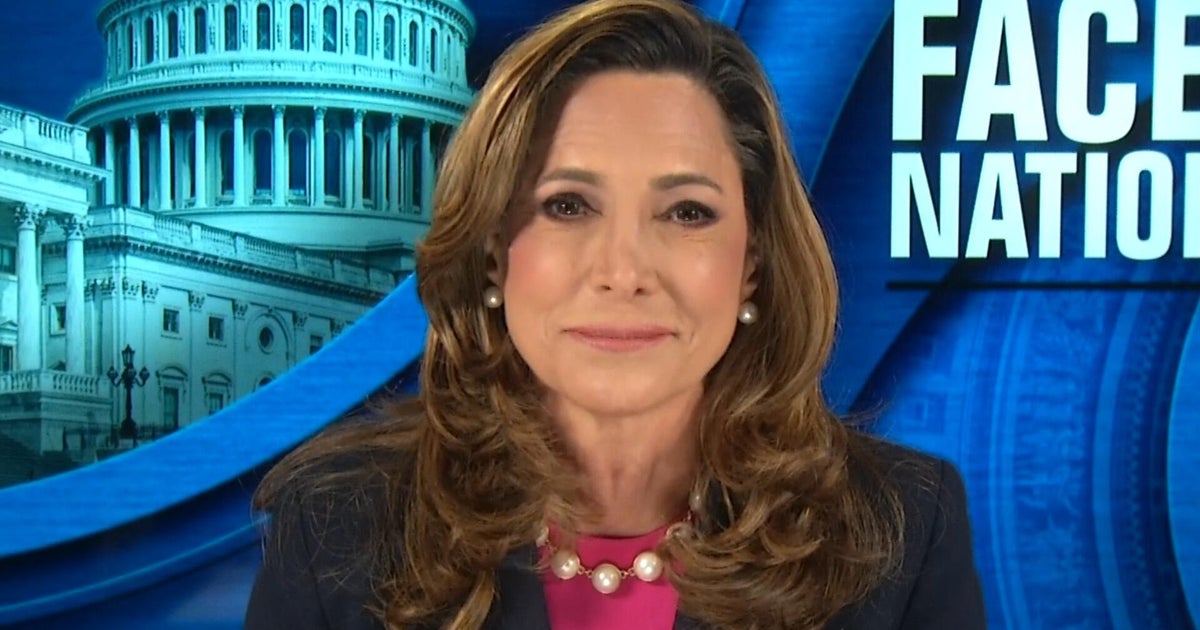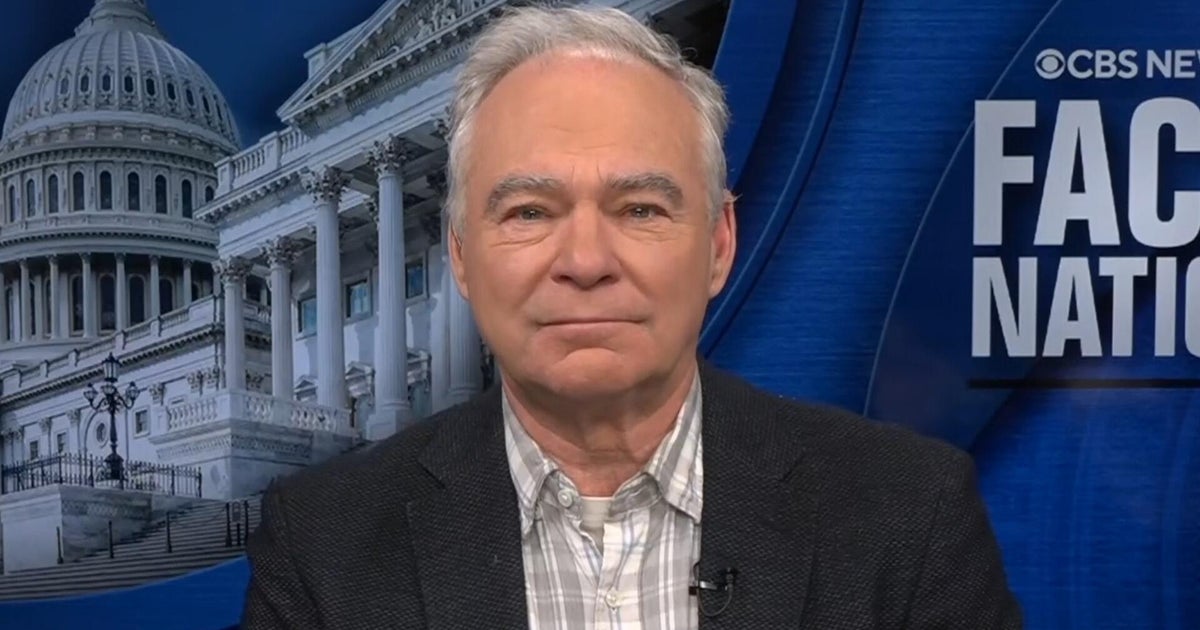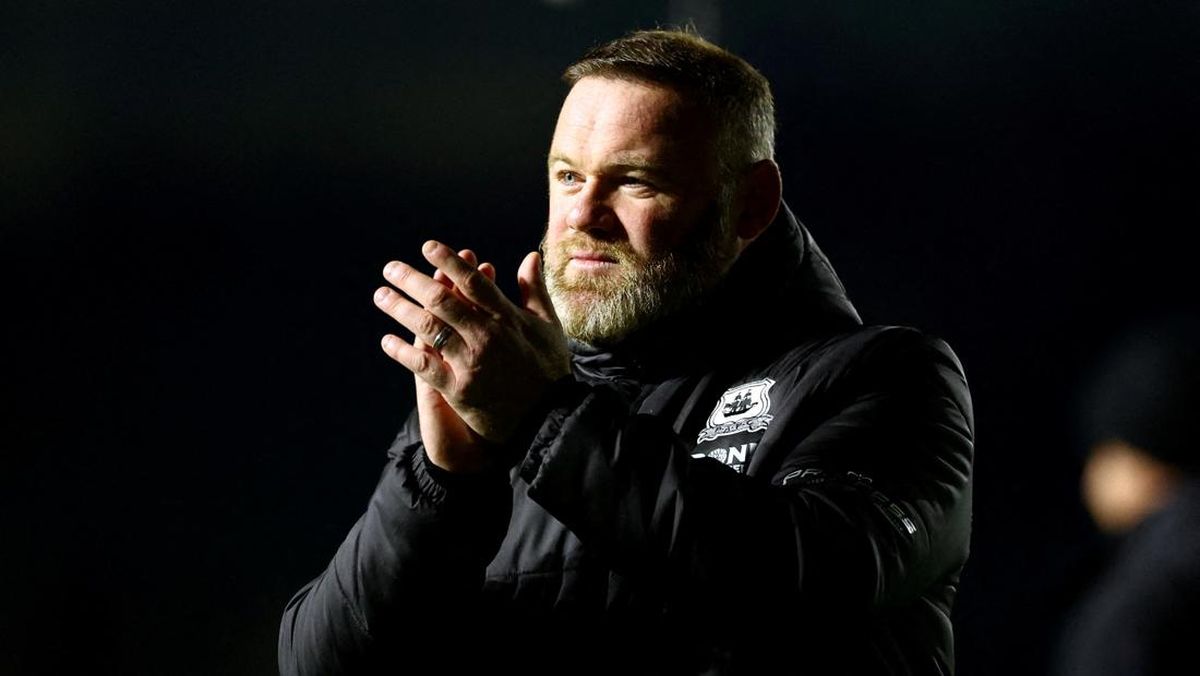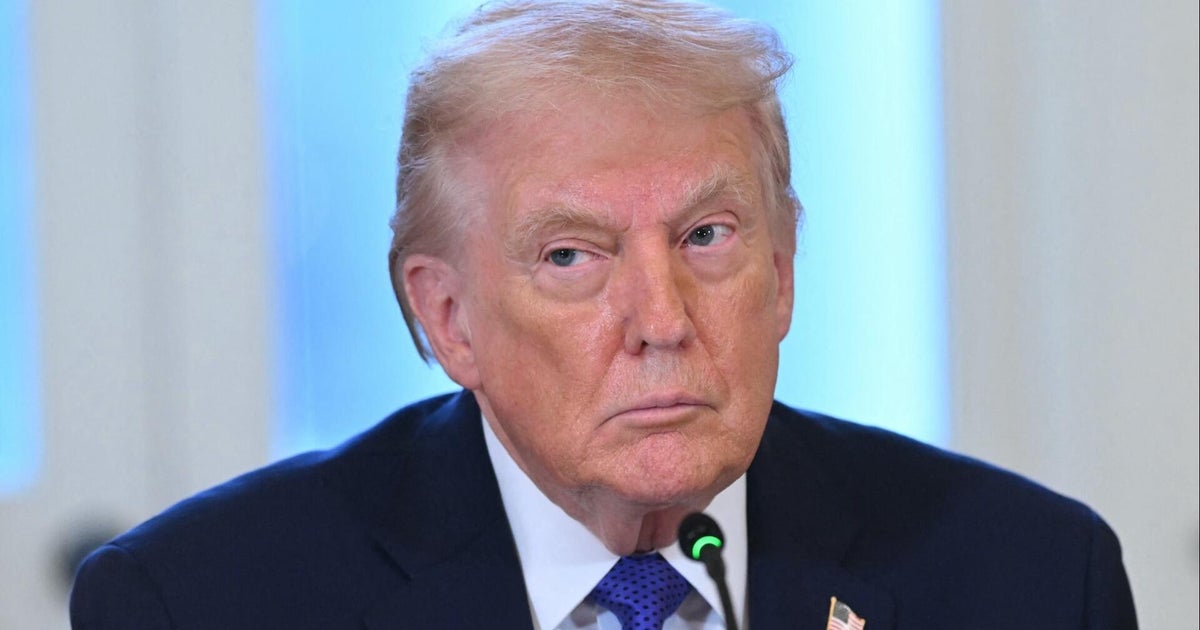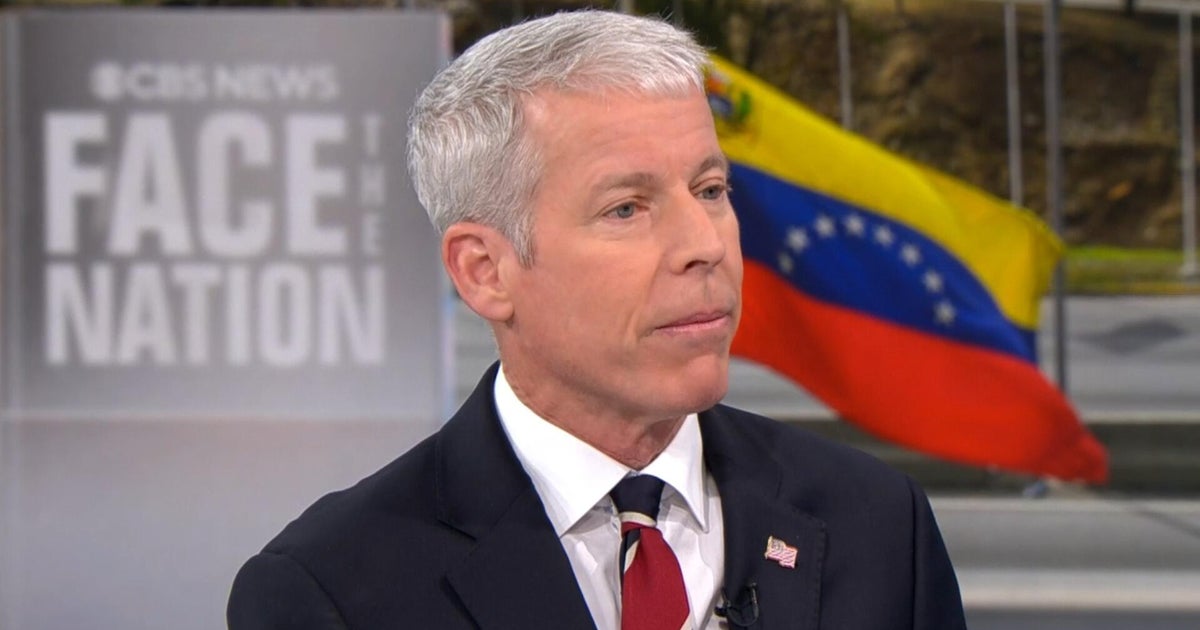If Climate Change Minister Chris Bowen announces a carbon emissions target in the order of 65 to 68 per cent this week, as observers predict, it will place Australia in the mid-range of global climate ambitions.
So far, 31 countries have announced their 2035 targets. Only two have released targets consistent with limiting warming to 1.5 degrees, according to Climate Analytics.

Chris Bowen releasing the National Climate Risk Assessment on Monday.Credit: Alex Ellighausen
The United Kingdom and Norway are so far leading the international charge, announcing targets of 81 per cent and 70 to 75 per cent respectively, based on 1990 emissions levels.
Leading climate scientist Bill Hare, one of the heads of Climate Action Tracker, which monitors global climate efforts, cautioned that if Australia commits to reducing emissions by 68 per cent by 2035 – putting us in the mid-range of announced targets – it would fall short of its commitment to reducing temperatures to 1.5 degrees above pre-industrial levels.
Most scientists now agree that Australia has already warmed by 1.5 degrees since the industrial period due to greenhouse gas emissions. A scientific analysis commissioned by the Climate Council says Australia has already missed the boat on a reduction target in line with 1.5 degrees, and that to be in line with 2 degrees of warming, it would need to adopt a target of net zero by 2035.
Australia should not limit itself to aligning with countries that “are not doing enough”, Hare said.
“Is Australia coming close to a 1.5 degree-aligned pathway for its target range? If it’s [a] 65 per cent target, it’s definitely not – 75 per cent would be on the edge of what we calculate to be the 1.5 degree pathway range for Australia in the global context.”
In an interview with The Guardian last week, Bowen highlighted the 68 per cent figure, noting a 2021 Intergovernmental Panel on Climate Change (IPCC) report suggested emissions should be 68 per cent lower in 2035 for global warming to be limited to 1.5 degrees.
“That doesn’t mean the target is going to be 68 per cent,” Bowen said. “But it does frame the conversation.”
Loading
Scientists say the scale of warming since 2021, and increasing emissions since then, mean higher reductions are now required. Deloitte Access Economics estimated in August that a 75 per cent reductions target could boost Australia’s GDP by up to $370 billion compared with business as usual.
Bowen is preparing to unveil Australia’s 2035 emissions reduction target days after releasing a landmark climate risk assessment that warned of a dramatic increase in heatwave-related deaths, and 1.5 million Australians being affected by coastal flooding and storms by 2050, without drastic action to reduce emissions.
But Australia’s climate ambitions go further than environmental concerns. As last week’s Pacific Islands Forum showed, they also have geopolitical ramifications.
Speaking to this masthead during a visit to Sydney, former Kiribati president Anote Tong said the Australian government’s approval last week of Woodside Energy’s extension of its North West Shelf project to 2070 was “not the act of a friend”.
The question of Australia’s emissions output and reductions was “a matter of survival”, Tong said, “not just for us in the low-lying island countries, but as the [climate risk assessment] clearly indicates, for Australians”.
“What is the priority – the next election, or the next generation?” he asked.

The former president of Kiribati, Anote Tong.Credit: Janie Barrett
“I think Australians have to make that decision. They’ve got to decide whether they want their grandchildren to be living in the kind of temperatures that they’ve never experienced in the past, the kind of storms ... I don’t think they would want that. So the question is, is that what the government wants to do for its people?”
Splits deepened within the Coalition this week on whether the opposition would recommit to a target of net-zero emissions by 2050.
Loading
This masthead reported two more Coalition MPs had urged Opposition Leader Sussan Ley to dump support for net zero, following frontbencher Andrew Hastie’s threat to quit over the policy.
Meanwhile, Torres News reported Pacific Islands Forum secretary general Baron Waqa, a former president of Nauru, told the forum last week that “Australia should be more attentive, listen more, [and] partner more” with the region.
It was a sentiment echoed by Torres Strait elder Aunty McRose Elu, who told this masthead: “If Australia wants a good relationship with a Torres Strait or the Pacific, they better have plans to be brave and announce a science-based target and stop approving new fossil fuel projects, otherwise, we all face a death sentence.”
“[For] Prime Minister [Anthony Albanese], one day, he will walk away from [this job]. But it’s our lives, our children’s futures. It’s everything we have … you talk to us about climate change, and then you leave and approve more fossil fuel projects. What’s this?”
Get to the heart of what’s happening with climate change and the environment. Sign up for our fortnightly Environment newsletter.
Most Viewed in Environment
Loading

